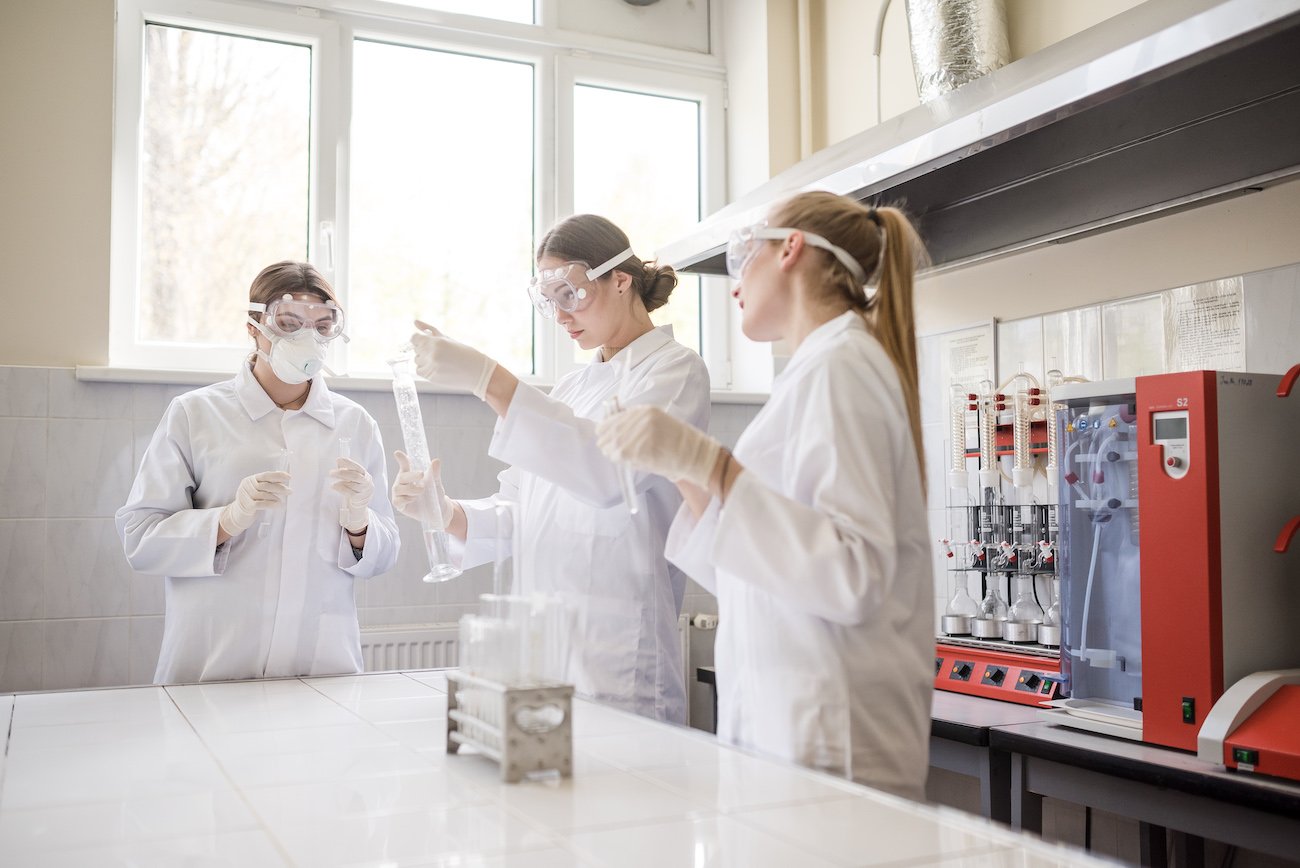╳
Internships
The title of the practice
|
Activities during the practice
|
Scope of the practice (in credits)
|
Scope of the practice (in percentages)
|
Duration of the practice (in hours)
|
|
|
They will become familiar with food production companies, their activities, food production technological processes, food production equipment, raw material and finished product quality assessment, storage and preservation conditions, preventive food safety systems, company sanitation and hygiene. They will also improve general and specialized skills and competencies.
|
6 |
15,0 |
|
|
|
During the practice, students will simulate the operations of a company in the food production sector: they will organize, plan, and control the work of the company and its departments, prepare personnel, procurement, and sales documents, coordinate client relations, manage information flows, develop new products, and prepare proposals. They will also enhance their skills in communication, collaboration, and teamwork.
|
6 |
|
|
During the Food Technology practice, students will gain practical skills in organizing food production, solidify their knowledge in selecting raw materials and ingredients for food production, and familiarize themselves with sanitation and hygiene requirements for food processing companies and personnel. They will learn to prepare product technological documentation and develop the ability to assess the quality of raw materials and finished products, as well as control the production process.
|
9 |
Food Production Process Research Practice
|
In the Food Production Process Research practice, students will gain practical skills in food production, applying food safety systems, and ensuring product safety. They will become familiar with production organization methods, analyze the structure of production companies, product assortments, and raw materials, and summarize various food production technologies. Students will analyze quality assurance measures, examine the compliance of finished products with standard requirements, and apply various product quality evaluation methods. During the practice, students will also develop communication and collaboration skills with colleagues, suppliers, and clients.
|
6 |
|
|
In the final practice, students will solidify their skills in food production, equipment selection, product distribution, laboratory testing, quality control, and safety. They will analyze the business environment and economic indicators of the company, develop new products, and gather data for their final thesis. They will be able to describe production processes, equipment operation, assess quality and food safety according to regulations, conduct microbiological tests, create production layouts, comply with safety regulations, and apply modern safety systems.
|
9 |
5,0 |
240 |
|
Total:
|
33 |
20 |
960 |
Selection of internship locations:
Students can choose or find an internship location in the city of Klaipėda, Klaipėda district, region, their hometown/residential area, or abroad.
Final internships are carried out in:
Fish processing and production companies: UAB “Baltijos delikatesai”, UAB “Žuvita”, UAB “Orca Foods”, UAB “Ostsee Fisch Kretinga”, UAB “Reba”, UAB “Espersen Lietuva”, UAB “Norvelita”, UAB “Dauparų žuvis”, Vičiūnai Group, and others.
Cafés, clubs, bars, restaurants: UAB “Jūros aidas”, Unilever Lietuva, UAB “Skuodiškio užeiga”, UAB “Navalis”, UAB “Žibosa” restaurant HBH Palanga, restaurant “Monai”, UAB “Rodilė”, UAB “Driopė”, and others.
Dairy product manufacturing companies: AB “Klaipėdos pienas”, AB Šilutės Rambynas, AB Žemaitijos pienas, AB “Modest”, AB Kelmės pieninė, and others.
Meat product manufacturing companies: Klaipėdos mėsinė, UAB “Baltic Meat Trading”, UAB “Agrovet”, and others.
Confectionery product companies: UAB “Roshen” LT, Sweets factory “Rūta”, and others.
Bakeries: UAB “Javinė”, UAB “Klaipėdos duona”, Ievos skanėstai, and others.
Other food industry companies: UAB “Macorsus”, Klaipėda district Gargždai consumer cooperative, UAB “Zeelandia”, UAB “Rimi Lietuva”, Maxima LT, and others.




